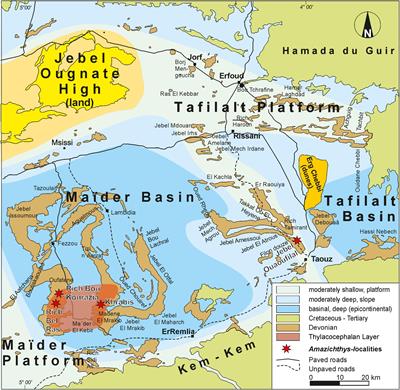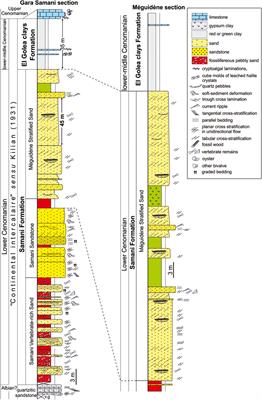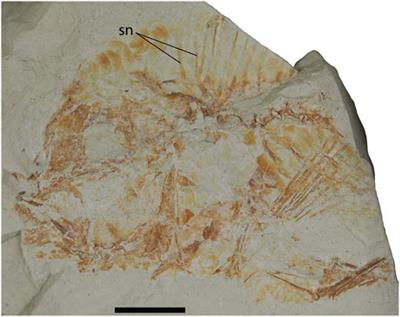EDITORIAL
Published on 09 Jan 2023
Editorial: African vertebrates through times
doi 10.3389/feart.2022.1111339
- 435 views
5,156
Total downloads
43k
Total views and downloads
EDITORIAL
Published on 09 Jan 2023
ORIGINAL RESEARCH
Published on 13 Dec 2022

ORIGINAL RESEARCH
Published on 20 Oct 2022

ORIGINAL RESEARCH
Published on 06 Jul 2022

ORIGINAL RESEARCH
Published on 25 Apr 2022

